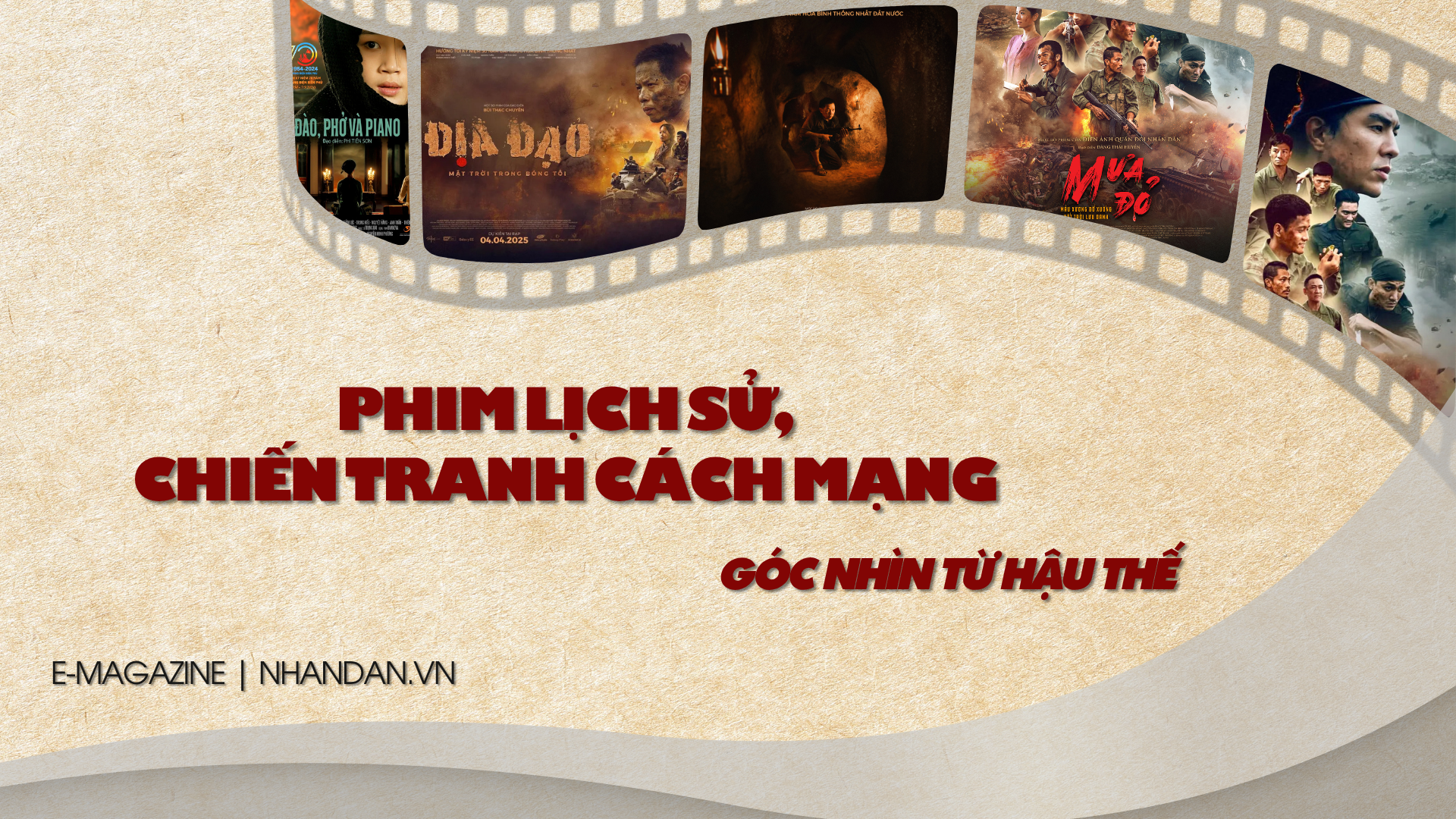
Sharing about the “formula” for making historical films, director Phi Tien Son said that many films are still quite forced in building typical characters in typical circumstances. “Although this formula is not wrong, over time, the way the film tells the story and conveys its message needs to be adjusted to suit the tastes of the audience,” the director said.
And these three films are also "typical" when choosing new approaches, with a posterity's perspective on war.
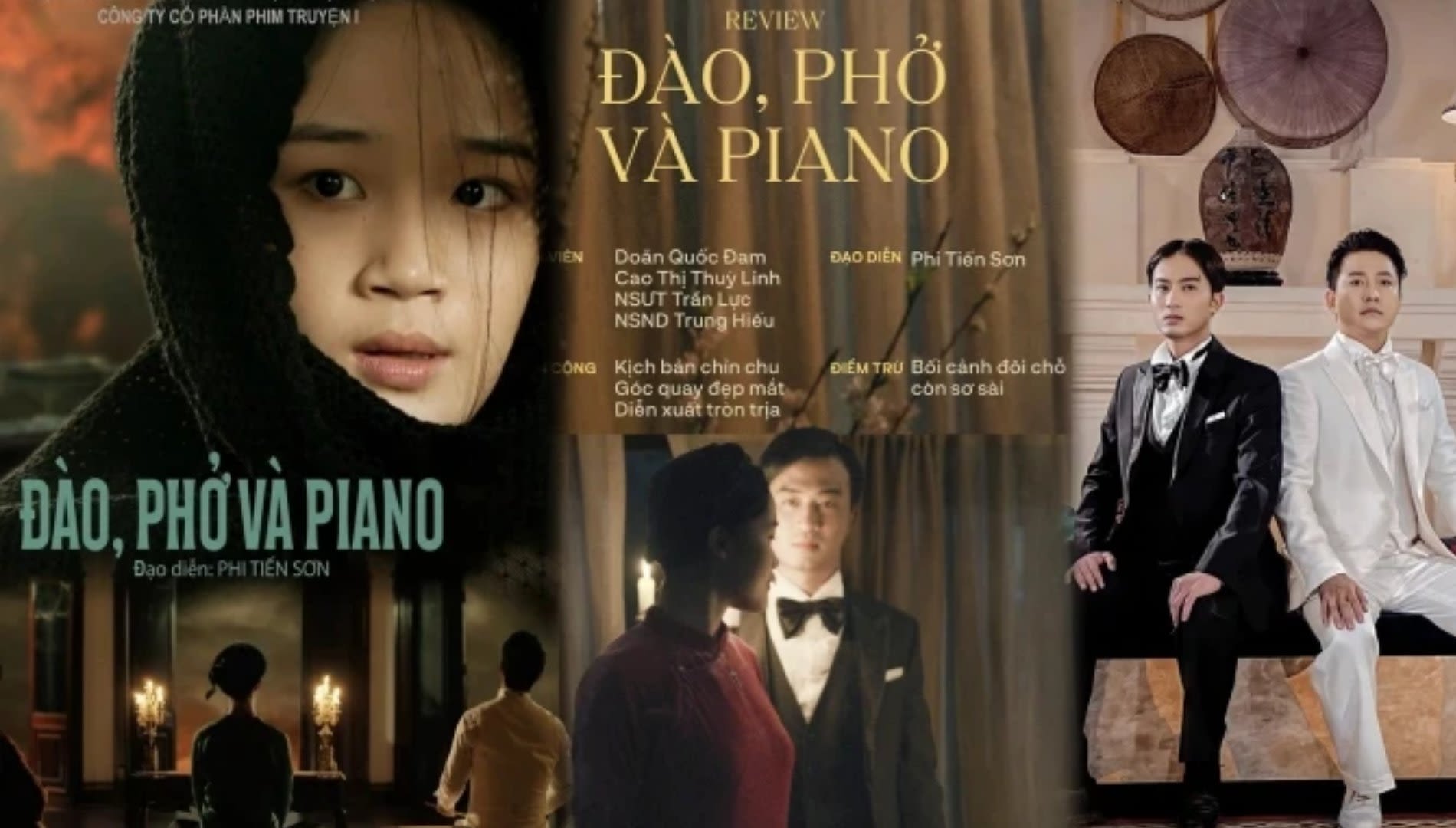
Explore new approaches
In 2024, the name of director, Meritorious Artist Phi Tien Son became famous again when he was associated with the hottest movie at the beginning of the year "Dao, Pho and Piano". It is a movie funded by the State, telling the story of the war of Hanoi people who stayed to defend the city during the resistance war against French colonialism at the end of 1946 and the beginning of 1947. The characters in the movie have no names, just the self-defense man, the lawyer, the girl, the pho couple, the messenger boy... The story of the movie is also about the daily life before the important moment of the war, both realistic and romantic, depicting reality but also carrying the aspirations of those who stayed in the city at that time.
The film is a story about Hanoi, about the people of Hanoi, and the Hanoian essence that is preserved and continued in any circumstances, like a delicious bowl of pho, a peach blossom branch on a rampart, or an ao dai among tanks and bullets...
Director Phi Tien Son shared that he was born and raised in Hanoi, and has been attached to this city for many years: “I was very impressed with the bullet wound on the gate of Bac Bo Phu, this image followed me and left a lasting impression on me. Later on, I always wanted to do something to show my gratitude to Hanoi. And the film comes from my feelings, from the urges inside me.”
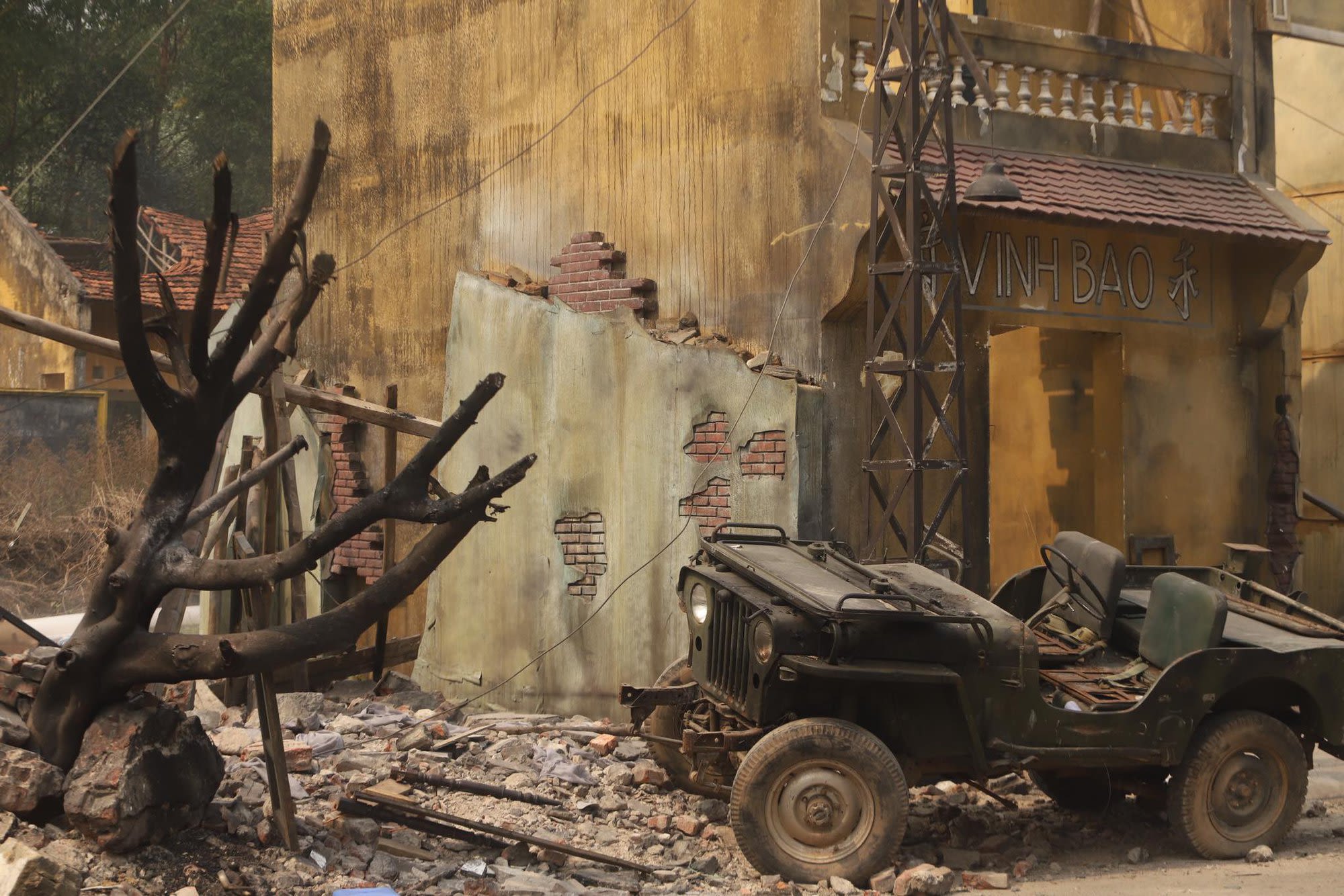
(Photo: Provided by the film crew)
Historical films are an attractive subject, but also full of challenges for filmmakers. Director Phi Tien Son shared that he really likes making films about historical themes, but does not dare to make historical films, but chooses to take inspiration from history to tell the stories of fictional characters. "Making historical films or writing historical novels are very difficult. There must always be comments and assessments, and each person has a different historical perspective, not to mention that there are events that the participants themselves do not remember specifically, so it is difficult to have a basis to remake them accurately" - the director shared.
Making historical films or writing historical novels are both very difficult. There are always opinions and assessments, and each person has a different historical perspective, not to mention that there are events that the participants themselves do not remember specifically, so it is difficult to have a basis to recreate them accurately.
Director Phi Tien Son
He further analyzed that in “Peach, Pho and Piano”, viewers cannot find a specific name or heroic character. The heroes are the people, the ones “whose faces and names no one remembers”, but they have made the country’s victory. “They have to be very ordinary things. So that viewers can see themselves in them” – director Phi Tien Son emphasized.
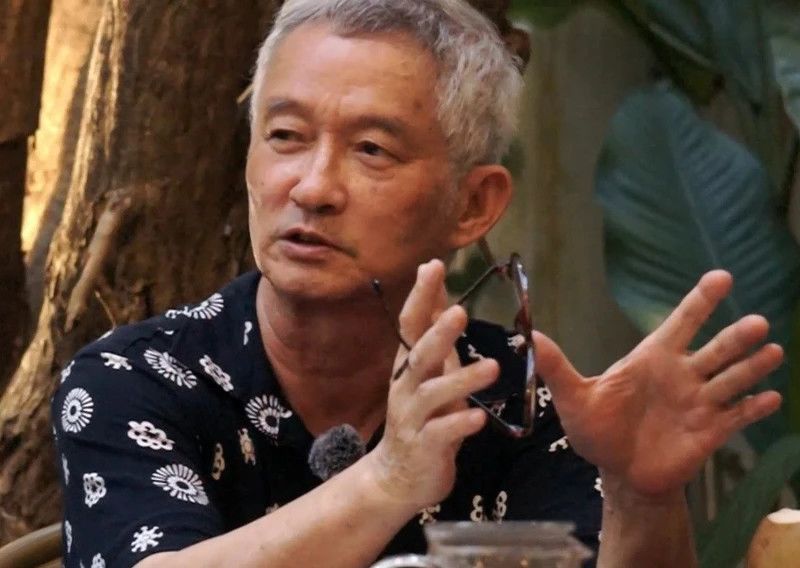
Director Phi Tien Son.
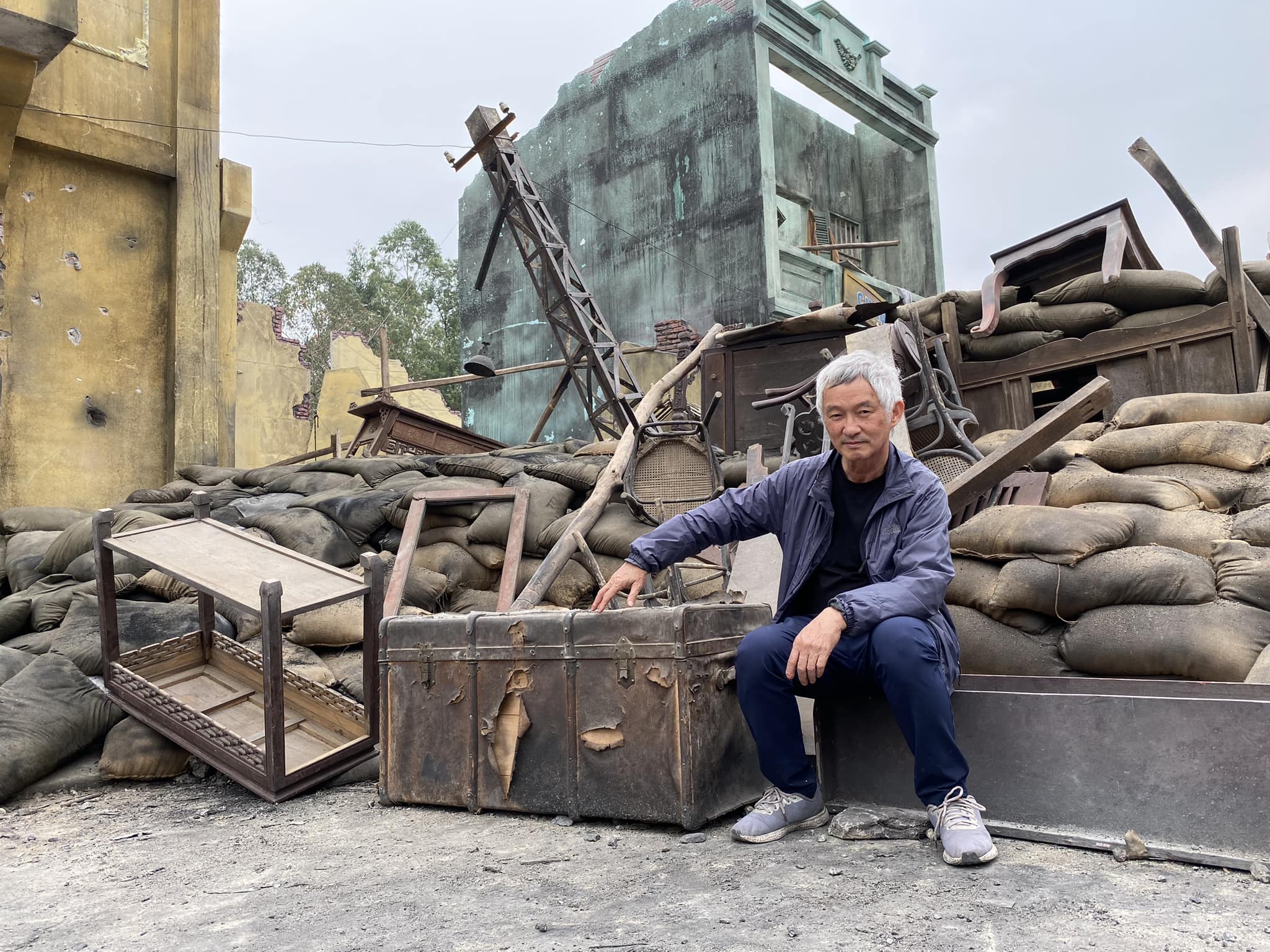
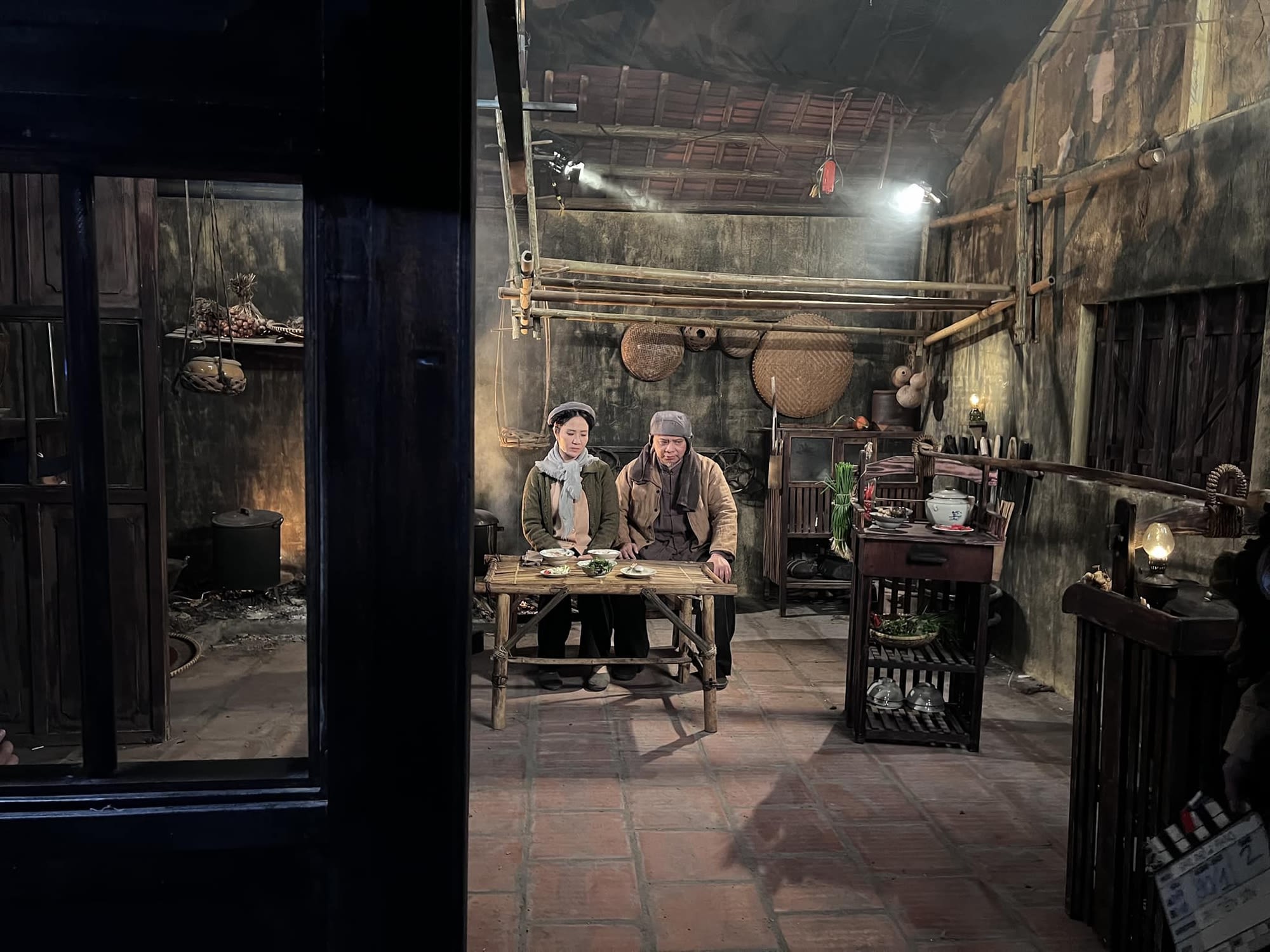
Pho couple in the movie.
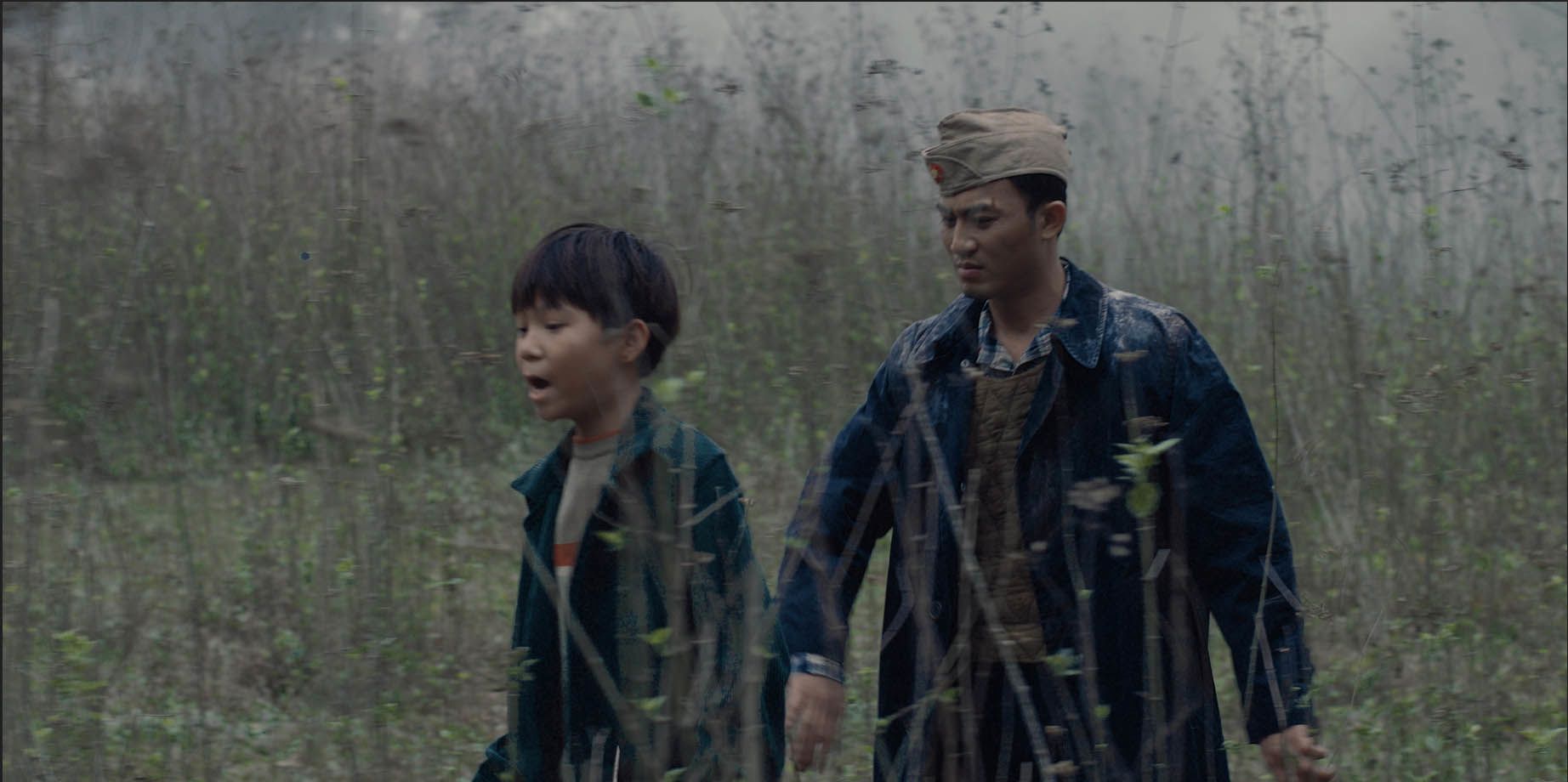
The little messenger boy
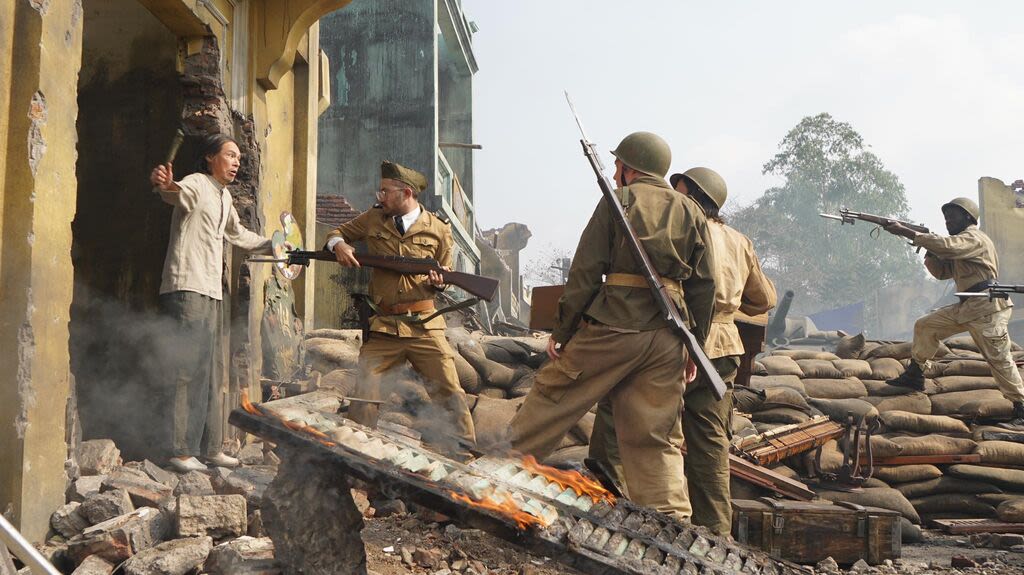
Meritorious Artist Tran Luc in a scene. (Photo provided by the film crew).
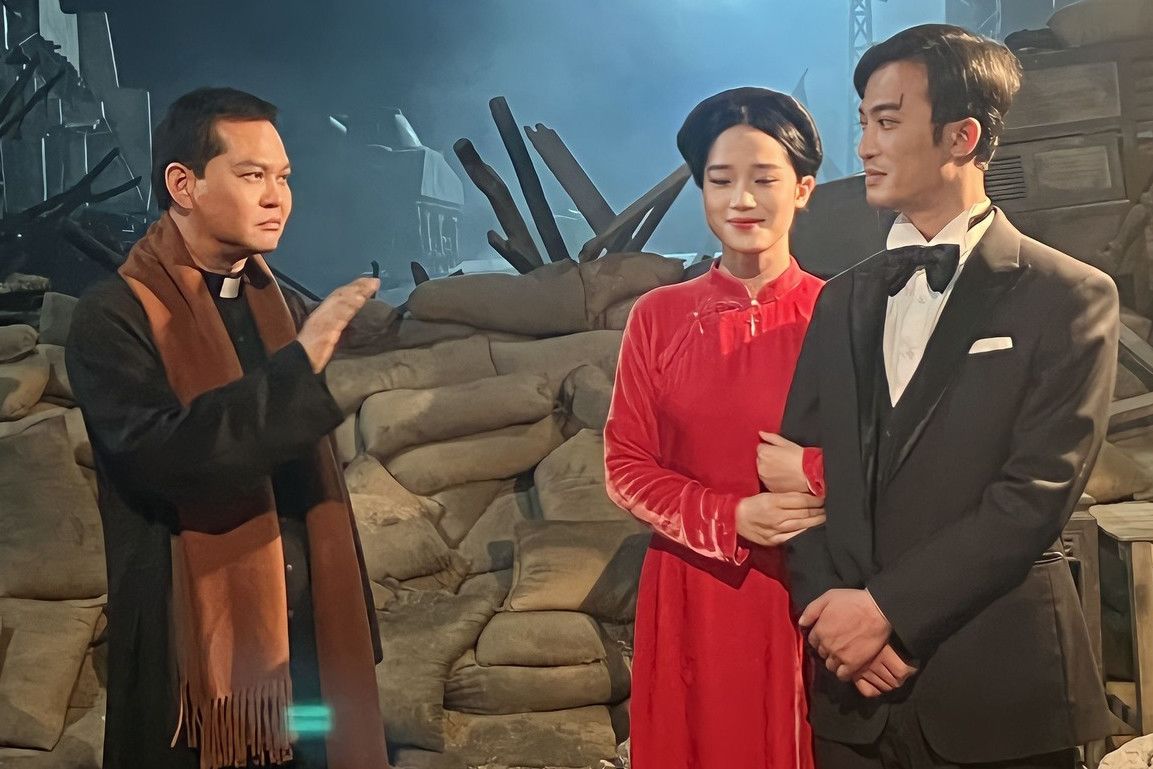
After the explosion of “Peach, Pho and Piano”, on the occasion of the 50th anniversary of the Liberation of the South and the reunification of the country, the public continued to welcome a new historical and revolutionary war-themed work, “Tunnel: Sun in the Dark”. The appearance of the film was like a breath of fresh air blowing into the general atmosphere of the cinema, which had been inclined towards horror, comedy or action films from the beginning of the year up to that time.
“Tunnel: Sun in the Dark” was not only a different spiritual dish at that time, but also the first film with historical and revolutionary war themes invested by private investors. This was unprecedented in Vietnamese cinema because the film market was extremely harsh, most producers only focused on investing in popular themes such as horror, comedy, and social psychology.
“Tunnel: Sun in the Dark” was not only a different spiritual dish at that time, but also the first film with historical and revolutionary war themes invested by private investors. This was unprecedented in Vietnamese cinema because the film market was extremely harsh, most producers only focused on investing in popular themes such as horror, comedy, and social psychology.
“The Tunnel: The Sun in the Dark” has no main character, no climax, but the story and scenery of the film have parts that make the audience suffocate.
The film is set in the underground fighting in the Cu Chi tunnels of the people and guerrillas here, both to protect the area and at the same time carry out a top secret mission that greatly contributed to the victory in the spring of 1975. The guerrillas here are farmers holding guns, they fight for only two words "Fatherland", although no one knows specifically what the top secret mission they are carrying out is.
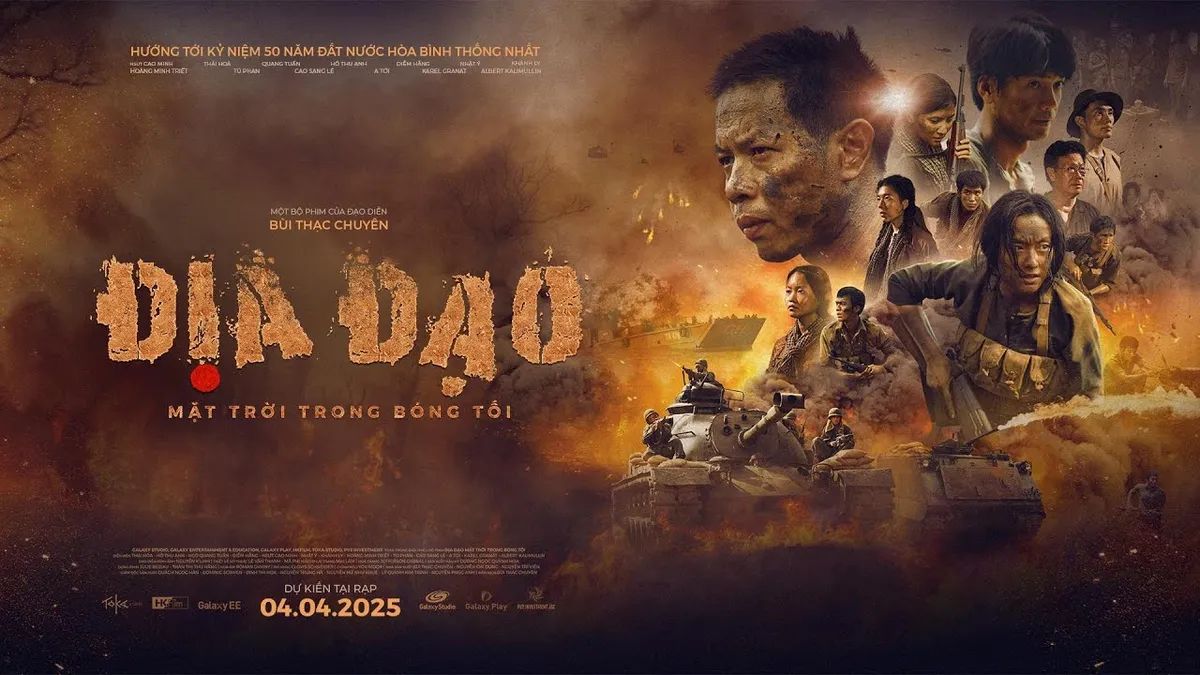
The film was invested elaborately in the studio, the scene, and heavy weapons. Director Bui Thac Chuyen was so meticulous and careful that he did not use light from electric lamps, but completely used oil lamps and flashlights to film, in order to highlight the dark atmosphere underground. Most of the scenes were built at the studio, but the film also performed many outdoor scenes in the land of Cu Chi, and this brought more real and natural emotions to the actors.
The film also received help and advice from People's Armed Forces Hero To Van Duc - a guerrilla who lived and fought in the Cu Chi tunnels, to create the most realistic and vivid images of the underground heroes.
The approach of “Tunnels: Sun in the Dark” to today's audience, as Associate Professor, Dr. Pham Xuan Thach commented, is to look at people from many sides of war.
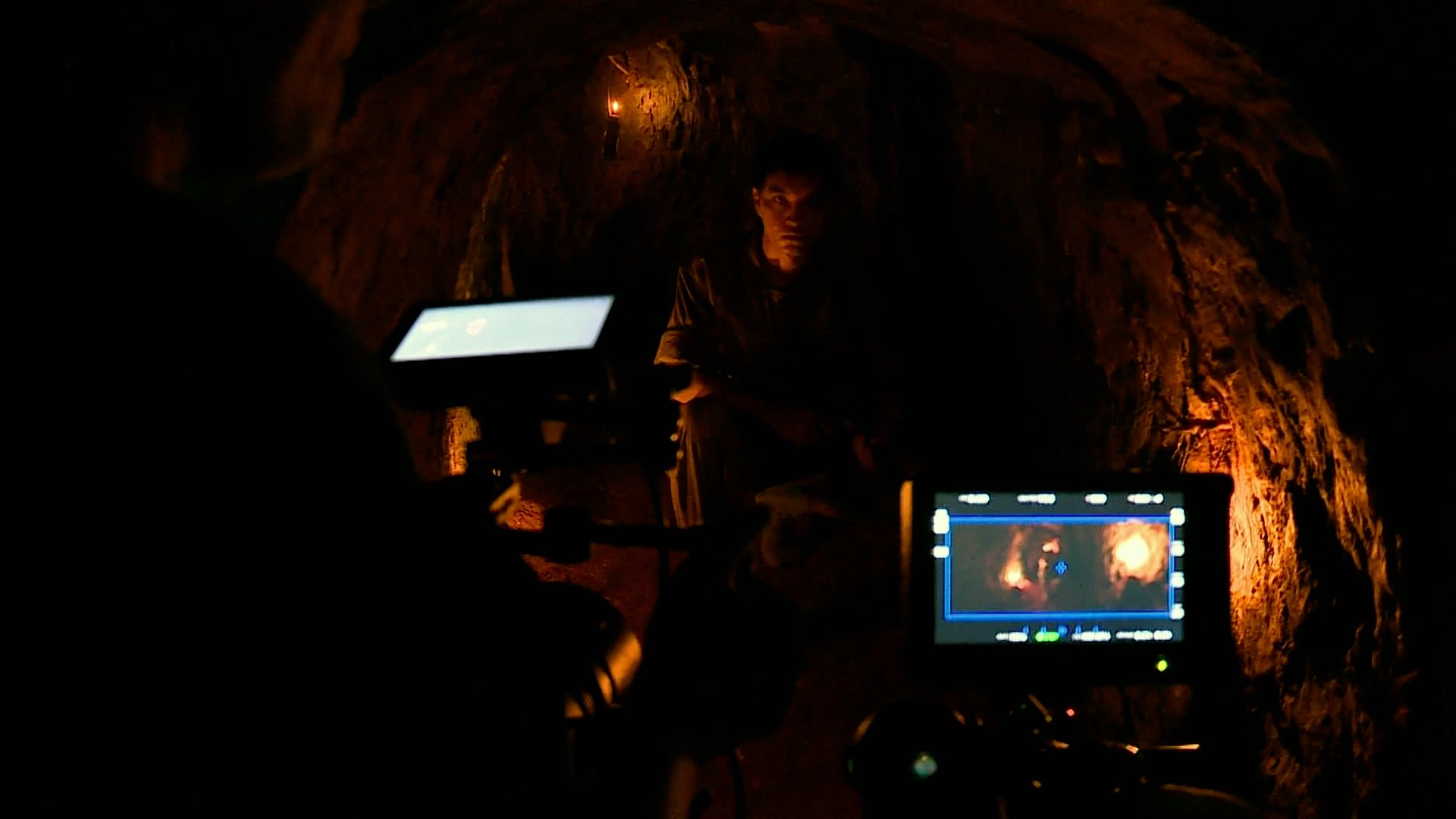
Associate Professor, Dr. Pham Xuan Thach shared: "I really like the way the film tells a story in which almost everyone is the main character, not one main character from the beginning to the end but a group of main characters. It is a very creative way of telling a cinematic story in a heroic way but in a different way, with people in different dimensions, more complex, more human, with mediocrity, with sin, with everything. People can be heroes but can also be cowards. And in the story of the coward, the problems of war are also discussed. I think this will be the path that war cinema will take in the future."
Oh, I really like the way the film tells a story where almost everyone is the main character, not one main character from the beginning to the end, but a group of main characters. It's a way I think that is very creative and tells a cinematic story in a heroic way but in a different way, with people in other dimensions, more complex, more human, with mediocrity, with sin, with everything. People can be heroes but can also be cowards. And in the story of the coward, the problems of war are also discussed. I think this will be the path that war cinema will take in the future.
Associate Professor, Dr. Pham Xuan Thach
Four months after “Tunnel: Sun in the Dark”, “Red Rain” of the People’s Army Cinema officially hit theaters and created the biggest explosion ever in the history of Vietnamese cinema. Even though it was predicted that “Red Rain” would be a hit, the most optimistic person could not have expected the film to become the “Box Office King” of Vietnamese films of all time.



Scene from the movie "Tunnel: Sun in the Dark".
There is no main character but only a group of main characters, exploiting multiple dimensions, connecting the hero to everyday life, that is almost the common point of all three films.
Like “Peach, Pho and Piano” and “Tunnel: Sun in the Dark”, “Red Rain” has no main character. The film tells the story of the 81-day and night battle to defend the Quang Tri Citadel by the soldiers of Squad 1, Battalion K3 Tam Son (built from the prototype of Battalion K3 Tam Dao, which fought at the Citadel battlefield in 1972).
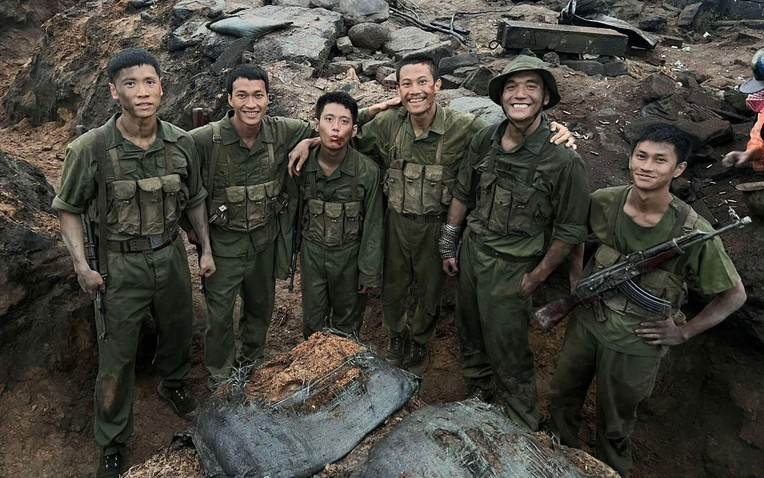
How the soldiers of Squad 1.
The film has become a phenomenon as soon as it was released, with an average daily revenue of about 20-25 billion VND from ticket sales. In particular, the film received enthusiastic support from young audiences, when the audience advertised the film themselves with images, short clips, as well as recordings of the film crew interacting with fans... Leaving the theater after more than 1 month, "Red Rain" became the highest-grossing Vietnamese film in the history of Vietnamese films, the highest-grossing historical war film ever, with more than 700 billion VND.
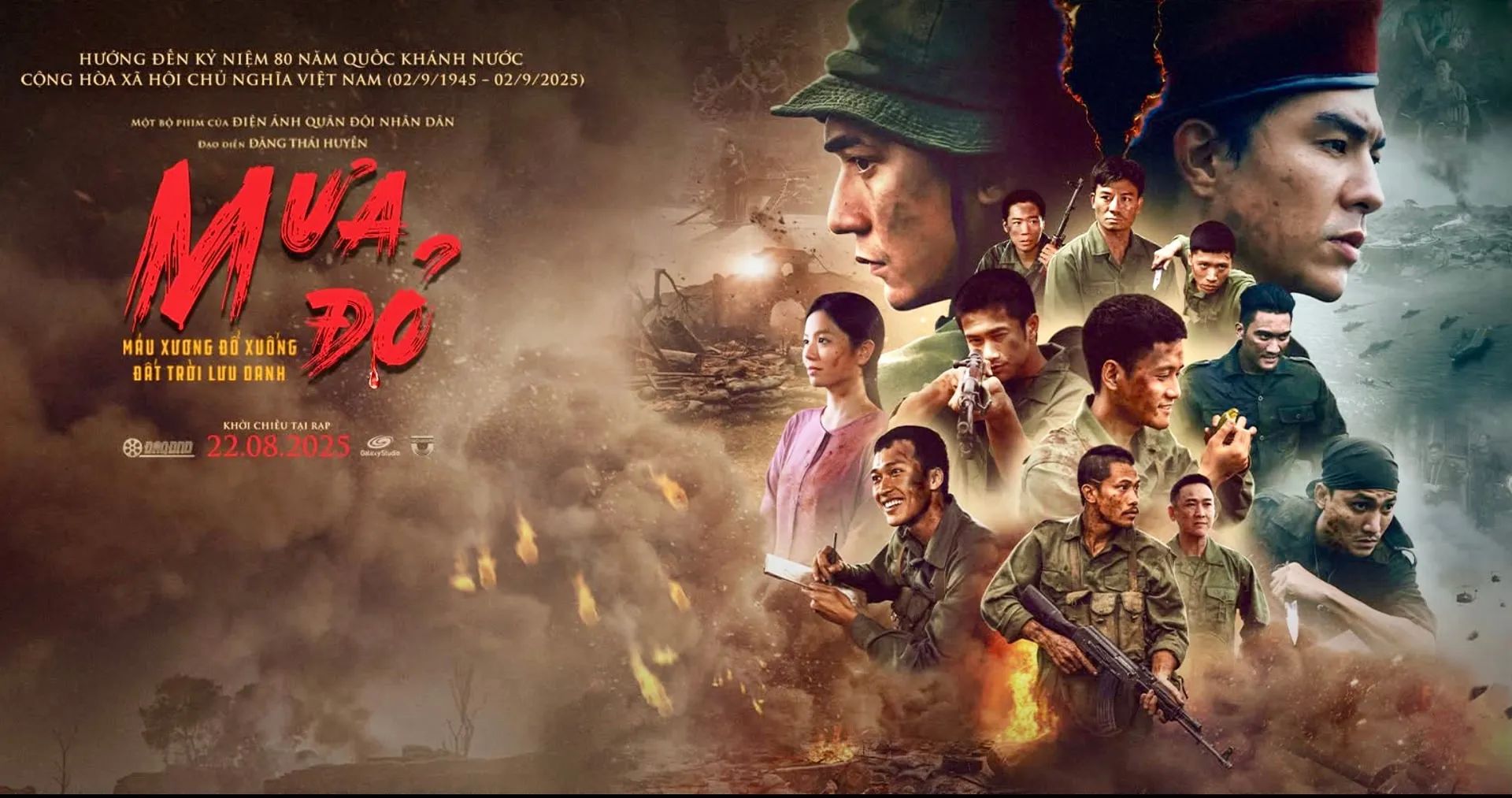
Sharing about the film's approach to the audience, director, Meritorious Artist Dang Thai Huyen said that war films today are no longer an inviolable land, but can be considered a fertile land for filmmakers to seek opportunities, to present their own perspectives and personal views on the war, to deeply touch the hidden corners of the war that war films have not been able to do before. Previously, the image of soldiers in war films was very epic and seemed invulnerable and inviolable. However, soldiers after the war, up to this point, are viewed from many different angles with their injuries, losses and sacrifices. That is also a way to change a lot in the way of thinking about filmmaking.
Director Dang Thai Huyen also said that war films are also the subject that many future generations of filmmakers like her are passionate about.
We wanted to make a film about war, from the perspective of a generation born and raised after the war.
Director Dang Thai Huyen
Perspectives to reach young audiences
When asked about the process of making a film for young people, director Phi Tien Son affirmed that he did not intentionally rejuvenate “Dao, Pho and Piano” to win over young audiences. His film crew had about 100 people and most of them were young people. They were the material and also the first audience of the film. “In each scene, I measured the excitement through their eyes and smiles. At that moment, I knew: Okay, the film is done” – he said.
Director Phi Tien Son also shared that the characteristic of the young generation when receiving cinematic works is openness. If the older generation (especially those who have experienced war) often have a measure and a model for war films and historical films, the younger generation receives them with a fresh and open perspective, they do not have and do not use their own experience to evaluate and perceive a historical film. A film will reach the younger generation when it ignites love and emotion, making them feel responsible for their own lives and their responsibility for the country.
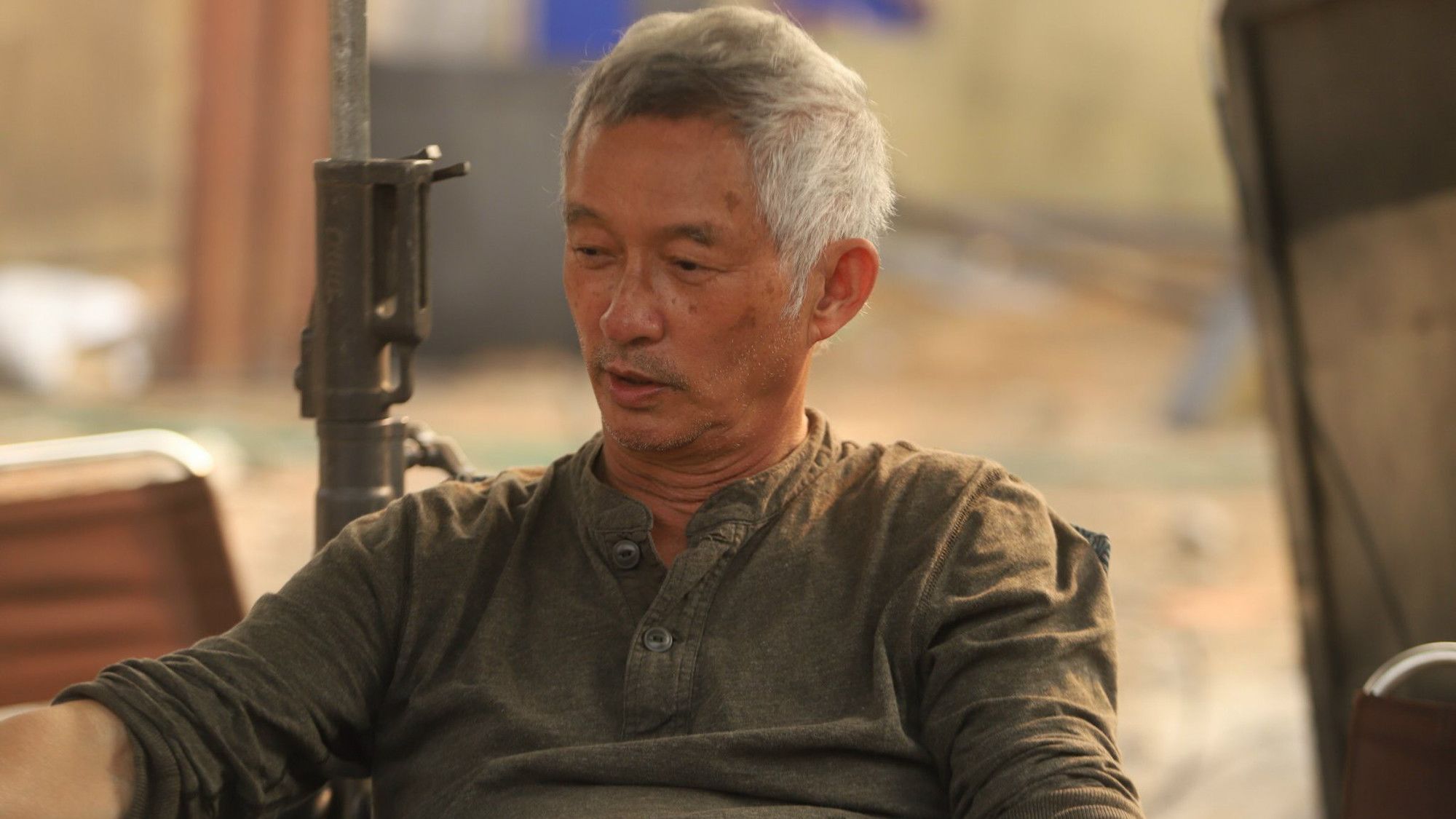
Director Phi Tien Son.
Because of that "touch", when "Dao, Pho and Piano" was first tested in theaters, with only a few screenings at the National Cinema Center, it exploded with a short clip by Tiktoker Giao Cun, and from there led to an unprecedented fever for a historical, revolutionary war film.
Just like “Peach, Pho and Piano”, “Tunnel: Sun in the Dark” did not invest much in promotion. It was entirely the audience who went to see and promoted the film themselves, among them were quite a few young audiences with modern perspectives.
Sharing about the film, director Bui Thac Chuyen said that he has long thought about making small but truly typical and profound films, and the topic of Cu Chi tunnels is exactly such a story. It is a battlefield of small scale, but truly representative of a special strategy of Vietnam, and typical of people's war.
In “Tunnel: Sun in the Dark”, he also chose a different perspective, which is to exploit the image of heroes like any other ordinary people, they are also simple farmers, not familiar with guns and bullets, somewhere still has the romance of youth… In the film, they also make mistakes, also have small, normal desires, but above all, is patriotism, and through each situation, those farmers holding guns, those guerrillas have overcome and put patriotism above all, accepting sacrifice.
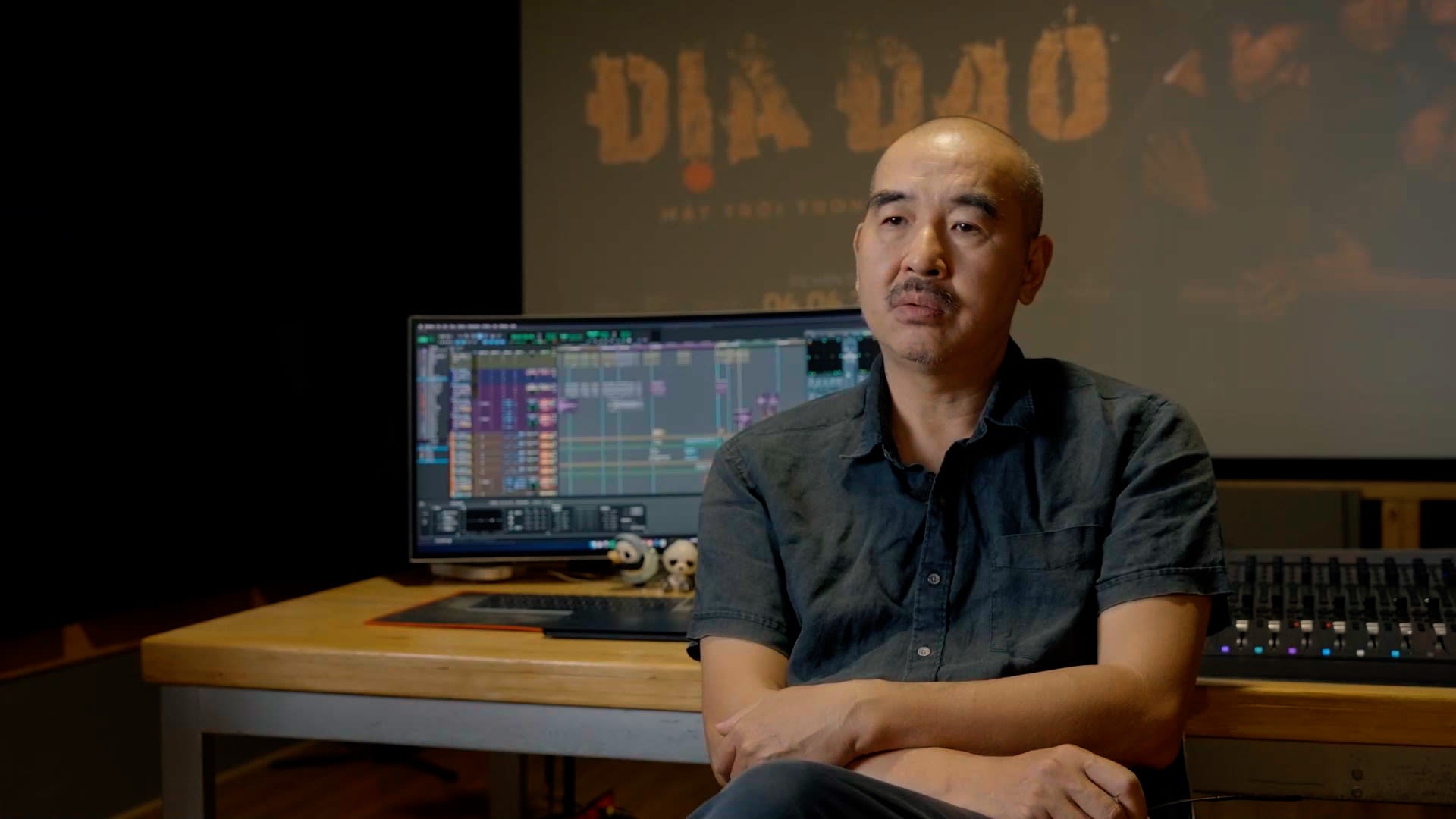
Director Bui Thac Chuyen.
Director Bui Thac Chuyen confided that he was very happy that the audience and the artists shared a common sentiment in a common love for the country, for the great war of the nation. He also confided that he was happy to see the audience accept this new approach, very different from the revolutionary film genre.
"I always think that revolutionary historical films are very attractive. The only thing is how to tell them to truly be able to harmonize many elements in them, many perspectives on revolutionary films, and especially a film genre that is very difficult to find investors. But until now, I think that this will be a film genre that viewers and investors pay much attention to, and there will be better films like this" - the director said.
I always think that historical revolutionary films are very attractive. It's just a matter of how to tell them to truly be able to harmonize many elements in them, many perspectives on revolutionary films, and especially a film genre that is very difficult to find investors. But until now, I think that this will be a film genre that viewers and investors pay much attention to, and there will be better films like this.
Director Bui Thac Chuyen
For “Red Rain”, the biggest difference of the film is sharing the perspective of both sides, not just a one-sided perspective. The perspective in “Red Rain” has both harmony and opposition. The harmony is people with aspirations and ambitions for the future being pushed into a war. The opposition is the ideals of the soldiers on both sides of the front line, living conditions, living and fighting, as well as human conditions, when director Dang Thai Huyen describes the scene of the soldiers of the Ancient Citadel Squad 1 sharing each grain of sugar, most of them are students, farmers, including high school students who have not graduated, while the other side is a professional soldier, muscular, training every day… Even “Red Rain” is commented by the audience as the first film to describe “the enemy is also very handsome”.
“Red Rain” does not only depict the tension and fierceness of war in one direction. Amidst the rain of bombs and bullets, there is still laughter about the nurse helping the wounded soldier “pee”, about the squad leader with a head full of lice, about the new recruit weighing less than 40kg…
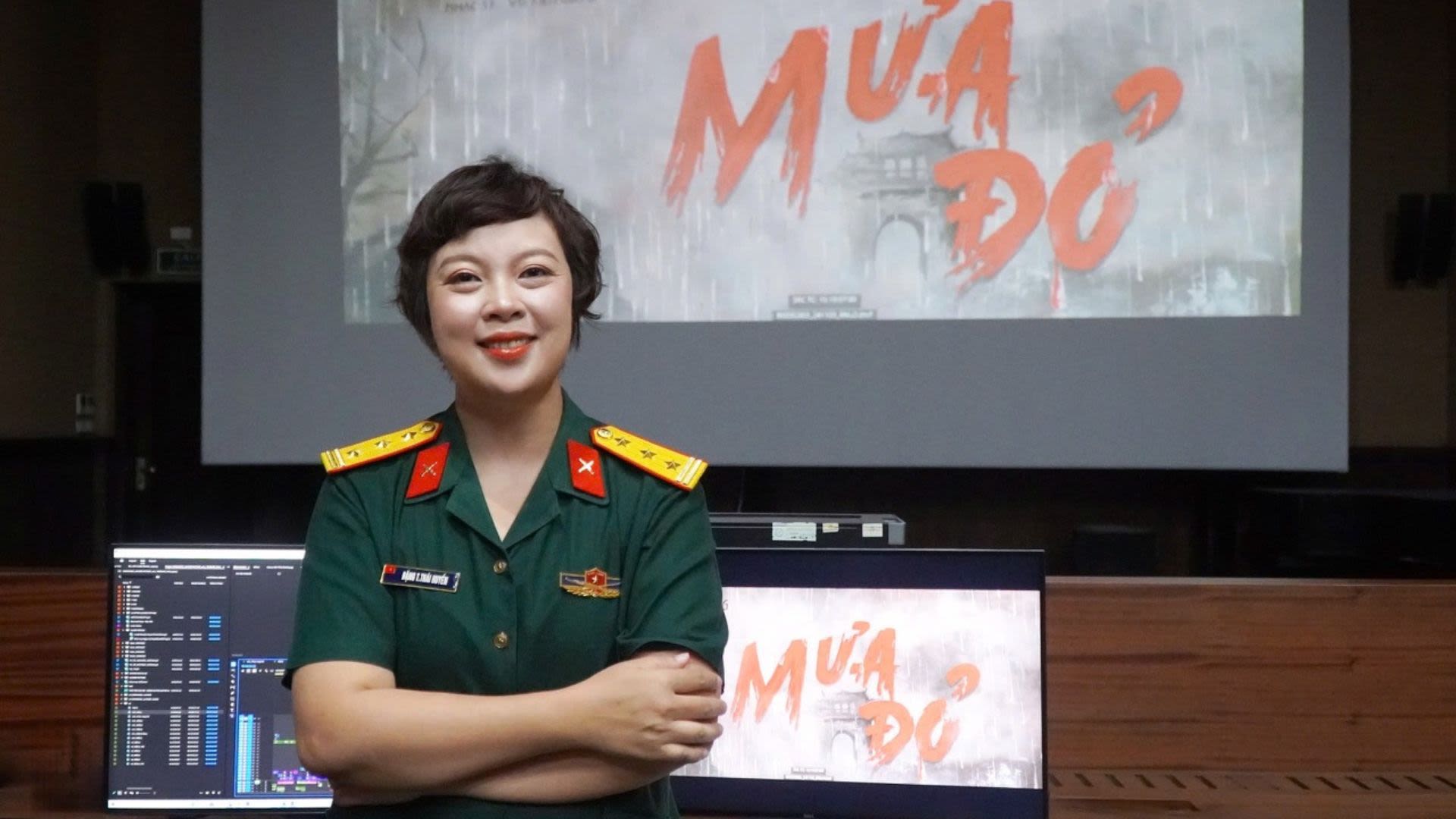
Director Dang Thai Huyen.
Talking about “Red Rain”, director Dang Thai Huyen said that nowadays war films have become more dialogic, no longer a forbidden area, and can present perspectives, viewpoints, and touch on hidden corners that were not mentioned before. Since 1975 until now, filmmakers have had the opportunity to look at war in a more comprehensive way, with unprecedented new perspectives. Films are no longer one-dimensional, but have perspectives from the opposing side. In the past, war films were only propaganda, but today war films have become a commercial product, with ticket sales and open dialogue with the audience” – director Dang Thai Huyen said.
It can be said that this change and fair dialogue not only gives filmmakers the opportunity to make better war films, but also allows audiences to "touch" the emotions in each work without having to be people who have experienced war, accepting natural emotions without having to be persuaded about "good - bad". That is also the reason why historical and revolutionary war films have been released in theaters in the past two years and have been received wonderfully, even becoming box office blockbusters, marking a new milestone in the history of Vietnamese cinema.
E-Magazine | Nhandan.vn
Production organization: HONG VAN
Content: HONG MINH, TUYET LOAN
Photo : Film crew
Presented by: Van Thanh
Nhandan.vn
Source: https://nhandan.vn/special/phimlichsu_chientranhcachmang_gocnhintuhauthe/index.html#source=home/home-highlight










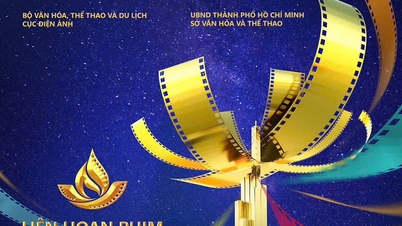

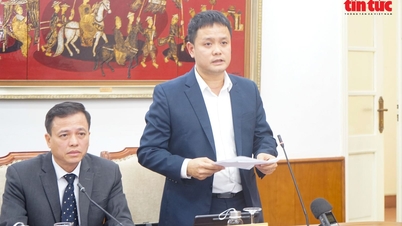


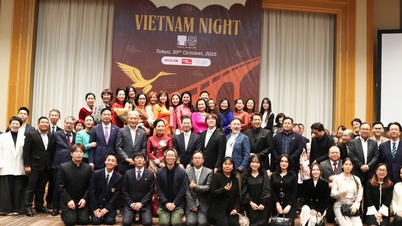
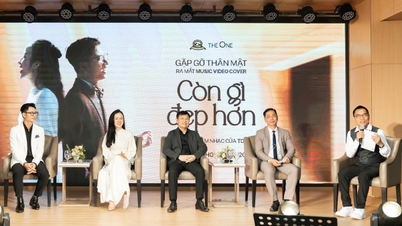
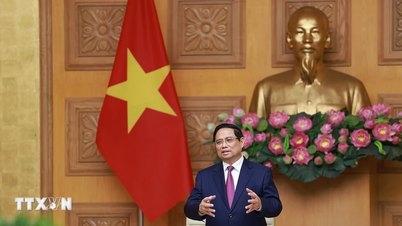













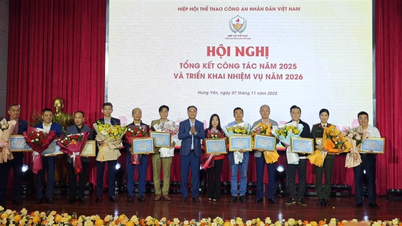


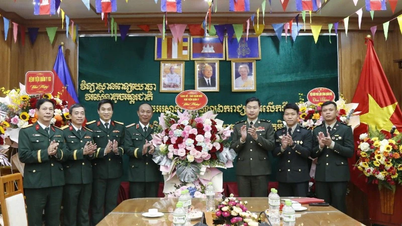

![[Photo] Da Nang: Hundreds of people join hands to clean up a vital tourist route after storm No. 13](https://vphoto.vietnam.vn/thumb/1200x675/vietnam/resource/IMAGE/2025/11/07/1762491638903_image-3-1353-jpg.webp)






































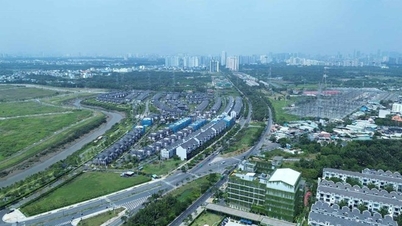















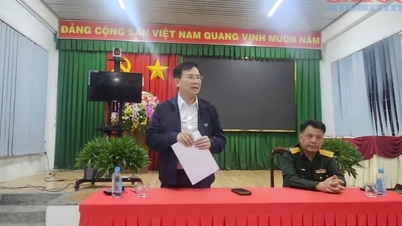

















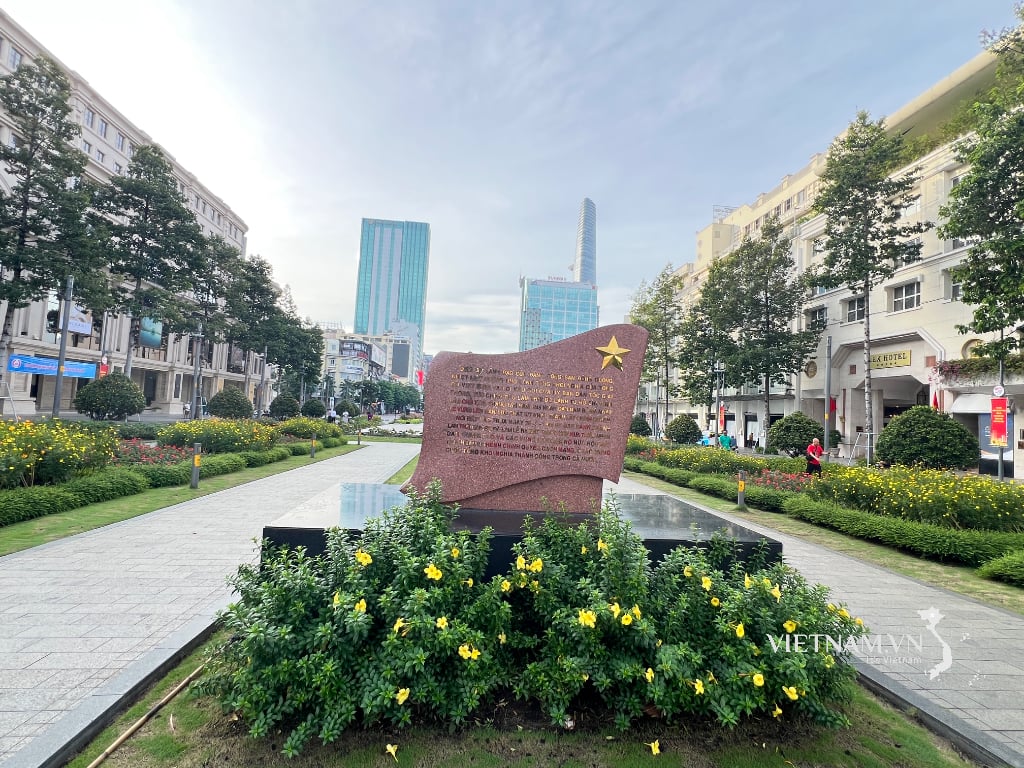
Comment (0)